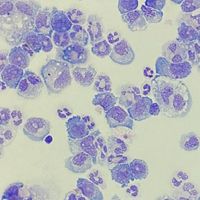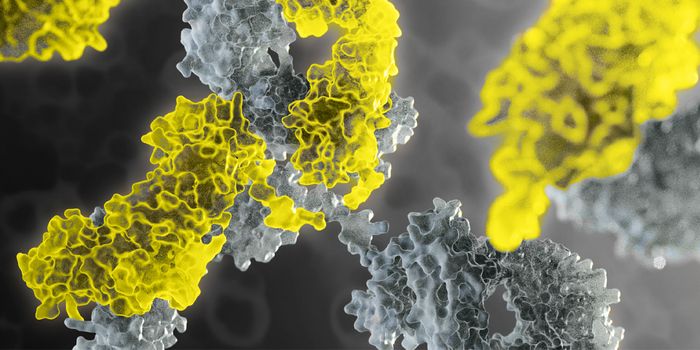DNA Modification Influences Cell Development and Improves Immune Response to Cancer
Epigenetics is the study of how our cells alter their function by modifying gene expression in our genetic code or deoxyribonucleic acid (DNA). In our cells, DNA is constantly being used to generate proteins to function and adapt to their surroundings. Epigenetics describes the process in which specific sequences of DNA become accessible to regulate protein synthesis. As a result, the proteins made based on these modifications will directly determine the function of the cell or how it responds to outside stimuli. Epigenetics has gained a lot of attention in the last two decades as scientists are trying to understand more about these mechanisms that direct cell function. Specifically, different therapeutics are being tested to synthetically modify cell function to respond to disease. More recently, scientists are working to use our epigenetic understanding to modify immune cells and generate efficacious cancer immunotherapies. Different cancer treatments use approaches to combat cancer. Immunotherapy is just one approach, which directs the immune system to recognize and target the tumor. In the context of cancer, immune cells become polarized to help the tumor progress by secreting tumor promoting proteins and suppressive healthy immune cells. Immunotherapy works to overcome these obstacles and generate an effective immune response.
A recent article in Cell Reports, by Dr. Maria Sibilia and her team, demonstrated that removing an enzyme that regulates epigenetic processes can improve antitumor response in immune cells. Sibilia is a Professor and Principal Investigator within the Cellular and Molecular Tumor Biology Department at the Medical University of Vienna and Head of the Center for Cancer Research. Her work focuses on redirecting immune cells toward solid tumors and understanding how the cells in the environment around the tumor lead to cancer progression.
Special immune cells known as dendritic cells activate others, such as T cells that are directly responsible for the lysis of the tumor. In cancer, the mechanism by which dendritic cells activate other cells is dysregulated. Additionally, it is not well known how different epigenetic changes influence dendritic cell function. Sibilia and others set out to investigate this cell population more in-depth. Sibilia’s group focused on two specific enzymes key in epigenetic regulation: HDAC1 and HDAC2. Although these are two highly recognized enzymes in gene regulation, it is unclear their role in dendritic cell development.
The team first used next generation sequencing to identify the critical role HDAC plays in dendritic cell function. They analyzed gene expression and function of cells after deleting HDAC1 and significantly reducing HDAC2. Surprisingly, they found only HDAC1 had a great effect on functional and developmental output. It was concluded that deletion of HDAC1 improves antitumor dendritic cell function. Researchers took advantage of different animals models to continue studying the effect of HDAC1 and found similar results indicating that the absence of this enzyme promotes antitumor function and selects for development of specific dendritic cell subtypes. This study for the first time, demonstrates the biological effect of HDAC1 on the function of dendritic cells. Importantly, it provides crucial insight into the biology of dendritic cell development and has the potential to improve immunotherapies for extended cancer patient survival.
Article, Cell Reports, Maria Sibilia, Medical University of Vienna, Center for Cancer Research








